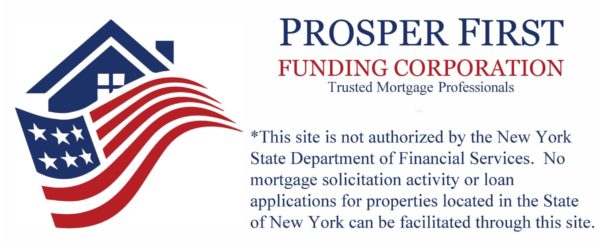Most people sell when their current homes are no longer right for them. But renting your home can actually be a more lucrative option than selling it.
There are many factors to consider when deciding whether or not to rent out your home. You must consider your financial situation and current market conditions, among other things. Here are the basics if you’re thinking of turning your home into a rental property.
Future Housing Needs
If you plan to leave the area but come back within a few years, it may save money to rent your home. If you sell and then buy another home when you return, you will have sales expenses both now and then.
However, if you need the money from your current home to fund a down payment for your next home, you’ll have little choice but to sell. But remember that selling can take time, and you may not have that money as soon as you’d like it.
Rental Market
One important consideration is whether or not you can rent the home for enough money to cover the monthly mortgage payment and other expenses (like maintenance and repairs, property taxes, and insurance). If you can, this is actually a great way to either save for retirement or to eventually earn extra income (once you’ve finished paying off the mortgage).
Right now, the rental market (especially for single-family homes) is booming. Investors are snatching up rental properties because they are good investments. Rent continues to rise in most major markets in the U.S. So having a rental property right now could really pay off. A licensed real estate professional can help you better understand the market in your area.
Housing Market
If home prices in your area are projected to rise over the next five years or so, it may be all right if your monthly rental income doesn’t cover all of the expenses of owning the home (if you plan to sell at a later date). Comparables from the last four to five years can help you detect the trend of your neighborhood’s home values. You may be able to sell the house at a profit in the future, making up for previous yearly losses. Once again, a licensed real estate professional can be a big help.
Being a Landlord
People have various tolerances to being a landlord. If you care a lot about the condition of your home, renting may not be for you. Tenants will dirty the carpet, scuff the paint, and ding the cupboards. And you’ll still be responsible for repairs.
You’ll also receive calls at inconvenient times. And tenants sometimes don’t pay their rent, so you may have to deal with both the loss of income and potential eviction.
If you don’t think you can be a landlord, you can hire a property management company. It often costs eight to ten percent of the rental payment, but a management company will save you a lot of time and inconvenience. The company will advertise, screen potential tenants, and execute the lease. They will also coordinate maintenance and repairs, and provide emergency service. Management companies can also be a huge help if you have problems with a tenant who doesn’t pay.
Photo by Mike Mozart
My husband and I are looking at a house that has an HOA, but we never lived with one before so we are curious to know if there are benefits to having one. I liked how you pointed out that one good thing is that they will provide a landscape company to help with the yard work. It will be great not having to worry about spending all of our time doing it, but having it still look nice.
Very nice love the colors
I would love to have a tiny home to live in! It seems more manageable and affordable. The Hiatus in Oregon is beautiful. I love the wood floors. can you put a tiny house on any property? Thanks for the inspiration and information!
I have a home in Stamford CT and I am looking for someone to assume my mortgage. Not sure if you are interested in something like this based on what I saw on your website. Eric
Is it possible to buy a first home with a 580 credit score? The house is in Groton ct and is only $90,000
